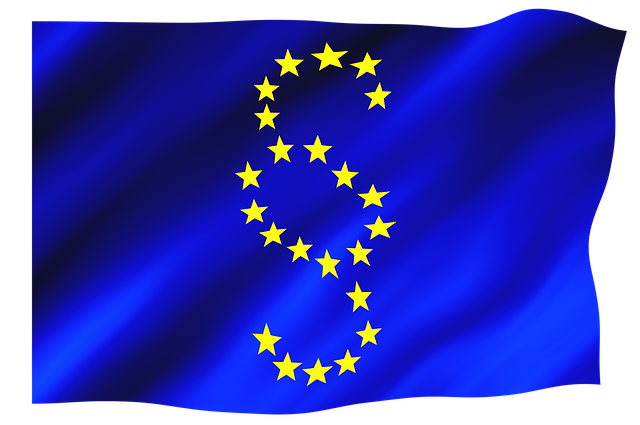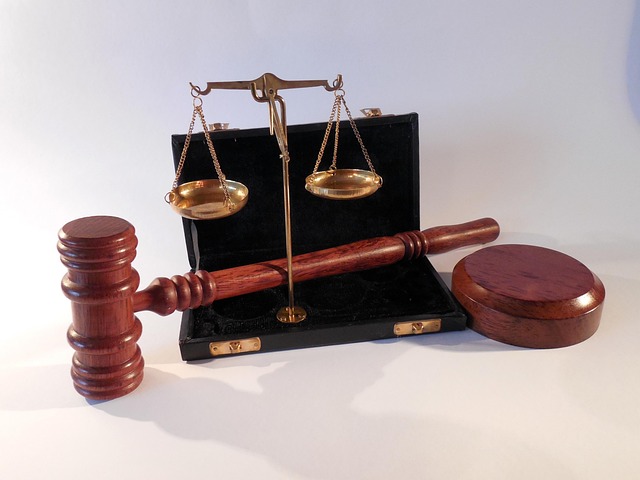Healthcare Compliance experts interpret complex regulations, develop strategies to protect patient rights, maintain data integrity, and promote ethical practices. They assist in legal challenges, provide crucial defense verdicts, and offer examples of evidence in criminal trials. Through meticulous documentation, risk assessments, and policy development, they ensure justice and integrity in healthcare, leveraging their expertise for successful outcomes.
Healthcare Compliance Experts play a pivotal role in ensuring institutions adhere to complex regulations, safeguarding patients and maintaining public trust. From navigating intricate rules to uncovering evidence in criminal trials—where cases like the US v. Johnson (2019) served as examples of the impact of non-compliance—these professionals are essential. This article delves into their multifaceted responsibilities, from daily tasks to successful case studies, shedding light on why their work is crucial in modern healthcare.
- The Role of Compliance Experts in Healthcare
- Navigating Regulations: A Day in the Life
- Uncovering Evidence: Criminal Trials & Healthcare
- Case Studies: Success Stories in Compliance
The Role of Compliance Experts in Healthcare

Healthcare Compliance experts play a pivotal role in ensuring that healthcare organizations adhere to complex regulations and standards, serving as a shield against legal pitfalls. Their expertise extends beyond mere knowledge; they are adept at interpreting intricate laws and guidelines, translating them into actionable strategies for institutions. By implementing robust compliance programs, these professionals safeguard patient rights, maintain data integrity, and foster ethical practices across the country.
These experts aren’t merely advisors; their involvement is crucial in winning challenging defense verdicts. They assist corporate and individual clients in navigating the complex legal landscape, providing invaluable insights that strengthen cases. Through meticulous documentation, risk assessments, and policy development, they offer tangible examples of evidence in criminal trials, demonstrating a commitment to upholding justice and integrity within the healthcare sector.
Navigating Regulations: A Day in the Life

Navigating Regulations is a complex task that requires constant vigilance and expertise. Healthcare Compliance Experts spend their days immersed in a sea of ever-changing laws and guidelines, ensuring their clients stay afloat in this regulatory labyrinth. From HIPAA privacy rules to anti-kickback statutes, these professionals must be adept at interpreting intricate legislation. They scrutinize policies, identify potential non-compliance issues, and develop strategies to mitigate risks.
A day in the life of a Healthcare Compliance Expert might involve reviewing patient records for data breaches, attending webinars to stay updated on the latest regulations, or even testifying as an expert witness in criminal trials—where their knowledge of regulatory compliance can serve as examples of evidence. With an unprecedented track record of successful defense verdicts under their belt, these experts are instrumental in crafting winning challenging defenses, ensuring fairness and justice within the healthcare sector.
Uncovering Evidence: Criminal Trials & Healthcare

In criminal trials, uncovering evidence is a meticulous process that often determines the outcome of a case. In the healthcare sector, where complex regulations and patient records are involved, this becomes even more critical. Healthcare compliance experts play a pivotal role in ensuring that all evidence presented is admissible and relevant, adhering to strict legal standards. They assist in navigating the intricate web of HIPAA (Health Insurance Portability and Accountability Act) regulations, which safeguard sensitive patient data, while also providing examples of evidence that can be crucial in criminal trials related to healthcare fraud or misconduct.
For instance, electronic health records (EHRs), diagnostic images, prescription databases, and financial records are all potential sources of evidence in criminal cases involving healthcare professionals. These experts possess the knowledge to gather and authenticate such evidence, ensuring its integrity and relevance. Their unprecedented track record in white-collar defense cases showcases their ability to uncover even subtle anomalies or fraudulent activities within healthcare institutions. By employing advanced data analytics and forensic techniques, they can provide irrefutable proof, thereby shaping strategies for both general criminal defense and complex healthcare-related legal battles.
Case Studies: Success Stories in Compliance

In the realm of healthcare compliance, success stories often lie in the details—the meticulous documentation, the precise navigation through complex regulations, and the strategic preparation that ensure respect for patient rights while upholding legal standards. Case studies exemplify these victories, offering tangible proof of how expert intervention translates into positive outcomes. These narratives provide irrefutable examples of evidence in criminal trials, showcasing the significant role compliance specialists play in safeguarding both patients and respective businesses from potential pitfalls.
Through these case studies, we witness the practical application of compliance expertise in diverse scenarios. Whether it’s facilitating effective communication between corporate and individual clients or navigating intricate legal landscapes during jury trials, healthcare compliance experts leave indelible marks. Their work ensures that organizations maintain integrity, comply with regulations, and ultimately foster trust among their stakeholders.
Healthcare compliance experts play a vital role in ensuring institutions adhere to intricate regulations, navigating a complex landscape. From managing daily compliance tasks to uncovering critical evidence in criminal trials—as illustrated by various case studies—their expertise is indispensable. By understanding the nuances of regulatory requirements, these professionals foster a culture of ethical practice and quality care. Through their diligent work, they contribute to successful outcomes both within organizations and in legal contexts, providing clear examples of evidence in criminal trials related to healthcare.






